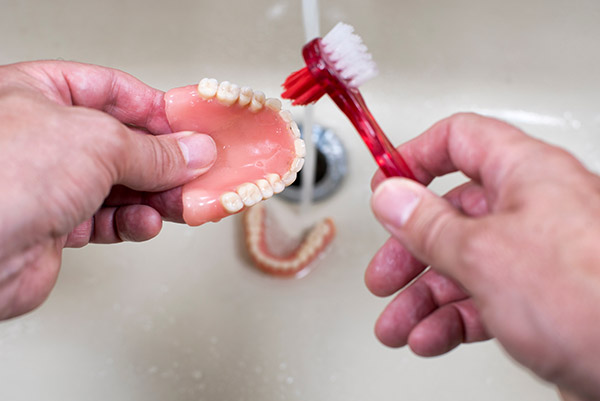What to Expect at Your Dental Bonding Appointment

Dental bonding is used to repair teeth that are chipped, cracked or discolored. Unlike some other cosmetic procedures, bonding is a quick, relatively comfortable procedure that offers long-lasting results.
What to expect when going for dental bonding
Before opting for a dental bonding procedure, the dentist will examine the patient’s mouth to determine whether dental bonding will fix the damage to the teeth. If the damage is in an area of the mouth with low bite pressure, like the front teeth, the chances of the procedure being successful are very high. If the damage is severe or in an area of the mouth that has high bite pressure, the dentist may suggest using another cosmetic procedure to fix the problem.
Starting the process
Preparing for a dental bonding procedure does not require a lot of work. The procedure does not require the use of anesthesia unless the bonding is being used to fill a badly decayed tooth, requires a tooth to be drilled or the part of the tooth that chipped is close to a nerve. During the preparation, the dentist will use a shade guide to ensure that the composite resin color matches the color of the patient’s teeth.
When it is time to begin the bonding, the dentist will roughen the surface of the tooth and apply a liquid conditioning fluid to it to help the bonding material stick to the surface of the tooth. After the surface has been prepped, the tooth-colored, putty-like resin is applied to the tooth, then molded and smoothed to the desired shape. After that, bright light or laser is then used to harden the material. Once the material is hard, the dentist will trim and shape it once again, then polish it to match the sheen of the rest of the surface of the tooth. The entire bonding process usually takes 30 to 60 minutes per tooth to complete.
What are the advantages of dental bonding?
Some of the advantages of dental bonding include:
- It is one of the cheapest and easiest cosmetic dentistry procedures
- It can be done in one visit (unless several teeth are affected)
- Very little tooth enamel is removed
- Anesthesia is usually not required
What are the disadvantages of dental bonding?
Some of the disadvantages of dental bonding include:
- The composite resin material used does not resist stain as well as dental crowns
- The bonding material does not last as long as dental crowns or veneers
- The bonding material can chip or break off
Do I have to take special care of my teeth after dental bonding?
No, bonded teeth do not require any extra care. They can be taken care of the same way people care for their natural teeth by brushing at least twice a day and flossing regularly.
Conclusion
Dental bonding can help improve the appearance of your teeth without having to undergo an invasive cosmetic dentistry procedure. If you have one or more damaged teeth, talk to a dentist about fixing the damage with dental bonding.
Request an appointment here: https://stonecanyondental.com or call Stone Canyon Dental at (972) 996-3191 for an appointment in our Sunnyvale office.
Check out what others are saying about our services on Yelp: Read our Yelp reviews.
Recent Posts
If you are new to the denture world, you may be confused when you think of toothbrushes and denture care. Most people have this misconception that since you have dentures, you no longer have to brush your teeth. This statement couldn’t be any more wrong. Brushing is just one important step in caring for your…
You have probably heard of Invisalign® teeth-straightening treatments. This process can be effective at changing the appearance of your teeth. If you are unhappy with how crooked your teeth look and how this affects your smile, talk to your dentist. You might be a good candidate for this treatment. There are some signs that indicate…
Denture care is an important part of denture maintenance. You depend on your dentures to perform day-to-day tasks, and it's not uncommon for them to need repair or replacement over time. The key to keeping your dentures in good shape is making sure that they are cared for properly. Denture care goes beyond just brushing…
Denture care is one of the most essential steps in preventing gum disease. Gum disease can lead to tooth loss and other health issues like heart disease, stroke, and diabetes. Dentures are a common and vital dentistry tool dentists use to repair tooth damage, fill cavities or even replace missing teeth. Dentures play a considerable…







